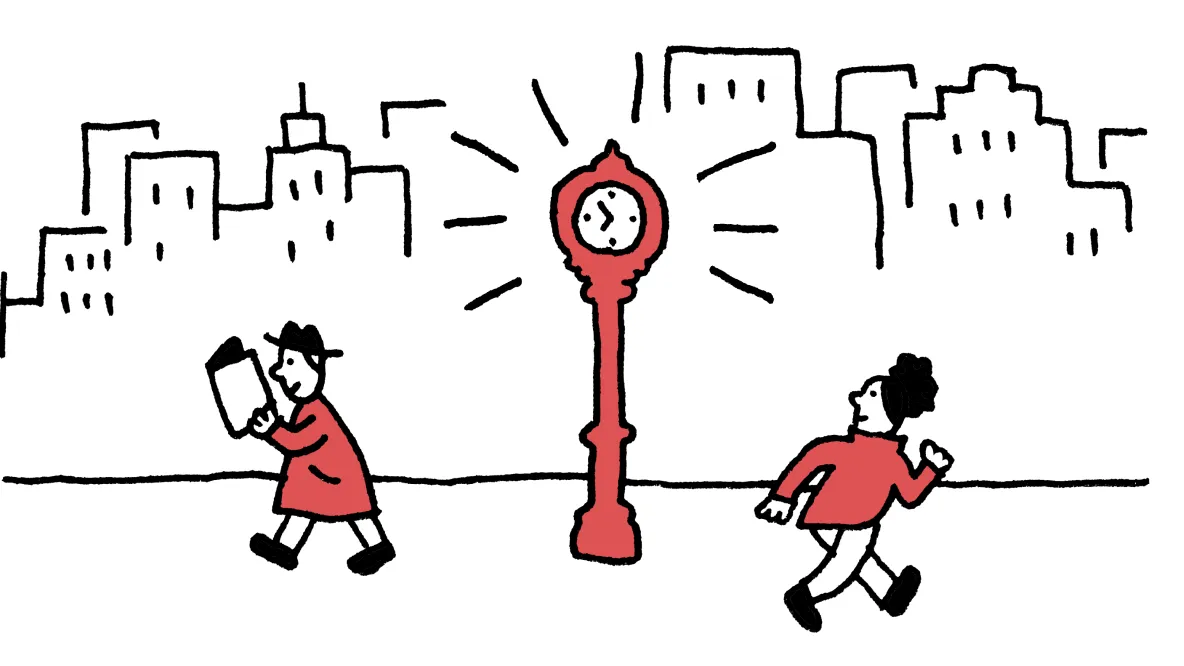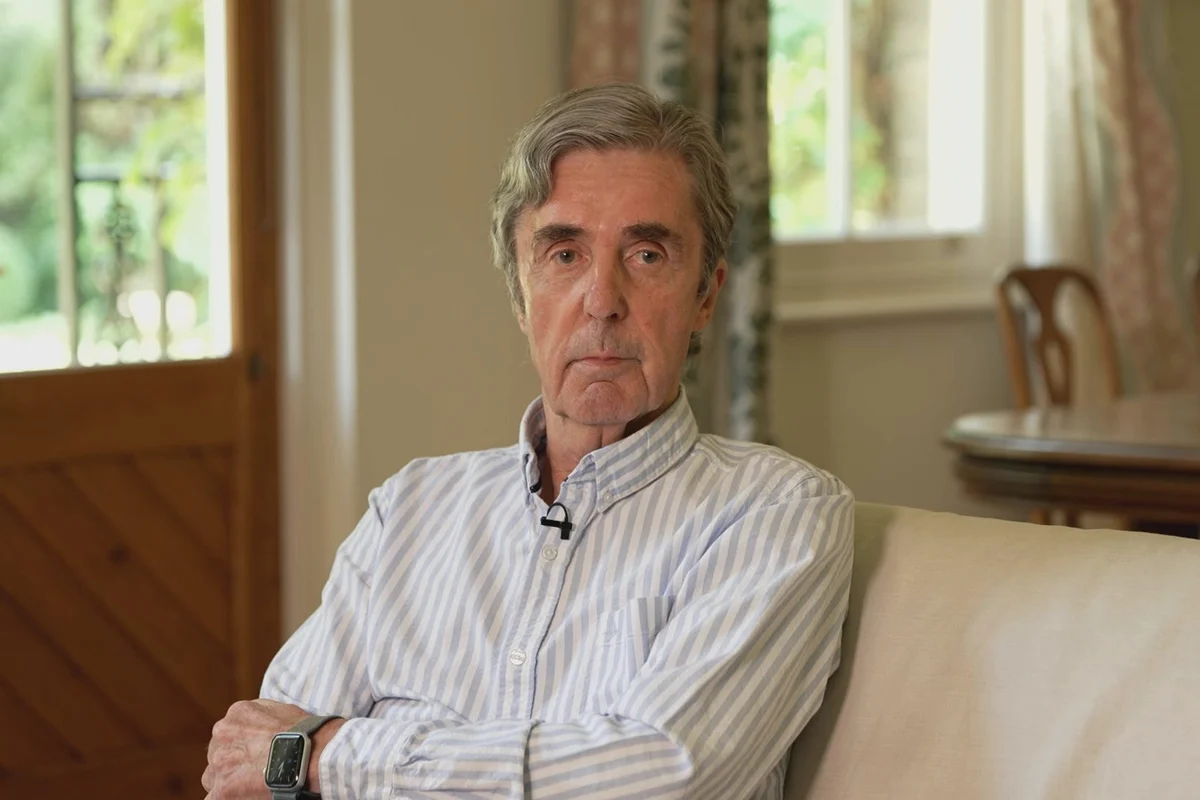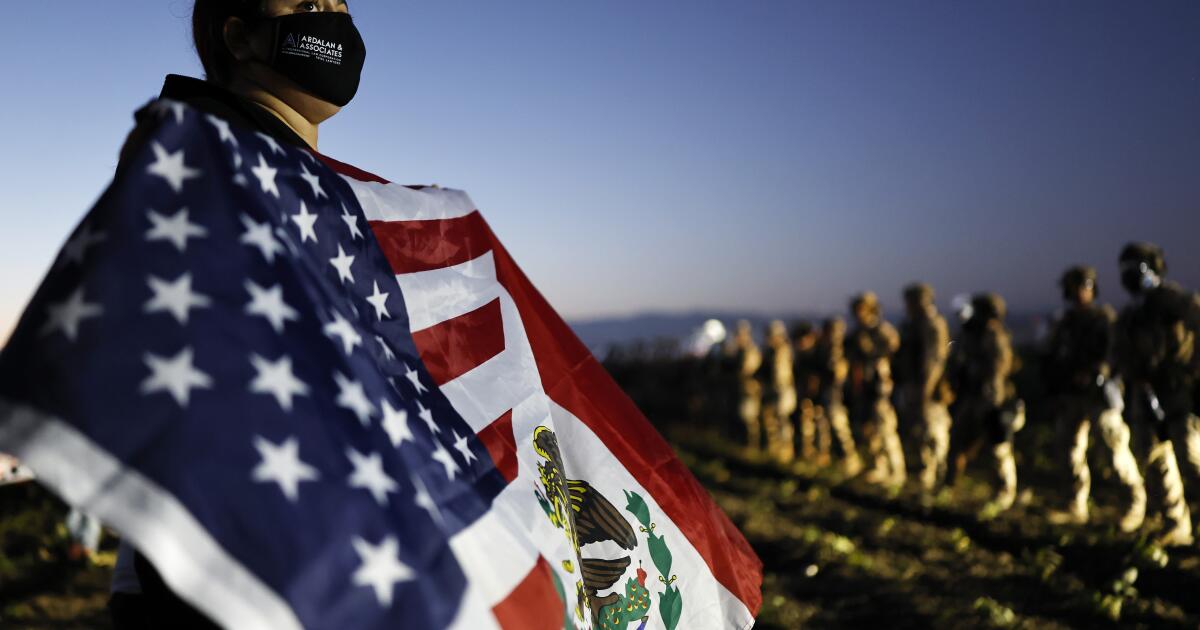By Charles Bethea
Copyright newyorker

Was Ronald Reagan a liberal? The legal scholar Cass Sunstein argues for a “big-tent” definition of the term—but is everyone really welcome? But, first, one of the January 6th insurrectionists, emboldened by his pardon from the President, is now campaigning for reparations. Plus:
Cracks in health care are getting bigger
A.I. is coming for your browser
Gary Shteyngart’s tragicomedy of the penis
Charles Bethea
A staff writer covering American politics and culture.
The Atlanta private-school world is small enough that, the day after January 6th, 2021, I heard from multiple sources that at least one insurrectionist had, like me, graduated from its ranks. Cleveland Grover Meredith, Jr., had attended an expensive school called Lovett in the nineteen-eighties and, as I soon learned from his classmates and friends, had been a star runner there, winning a state championship in the two-mile. He later married and had kids, but in the decade prior to January 6th, his life had unravelled, and conspiracy theories, including QAnon, had taken hold of his mind.
Meredith arrived late to the insurrection in Washington—car trouble had delayed him—in possession of multiple weapons, thousands of rounds of ammunition, and large-capacity ammunition-feeding devices. Texts that he’d sent to his family in recent days compelled his mother to call the F.B.I. on him. Referring to President Trump, he’d written, “He wants heads and I’m going to deliver.” Meredith was one of the first people charged for crimes related to January 6th. When he was sentenced, the court strongly advised that he receive “intensive medical health treatment.”
More than fifteen hundred individuals—from “conservative Facebook grandmas,” as one expert put it to me, to members of far-right groups like the Proud Boys—were ultimately charged for their roles in the insurrection, and then pardoned this year by Trump. No single one of them can stand in for the rest. Still, I wondered what Meredith had been up to since I’d last written about him, nearly five years ago. As I write in a new piece out today, I set out to discover how his life post-pardon might connect with what’s known about other J6ers, who’ve made headlines for everything from running for office to committing further crimes.
Scanning Meredith’s Facebook page, a few months ago, I noticed that “J6NUMBER1,” as he proudly calls himself, was doing mundane things—riding bikes, playing video games, reposting messages from his local yoga studio—while also calling for political violence, particularly after the killing of Charlie Kirk, against what he called “DUMBFKOKKKRATs.” He continued to celebrate “Orange Man,” as he refers to Trump, and has demanded what amount to reparations from his prosecutors, broadly defined, as well as from his parents. Eventually, I decided to send Meredith a friend request on Facebook and, within minutes, he was cheerfully threatening to take all of my assets, and those belonging to this magazine, too.
Jimmy Kimmel returned to television last night, just under a week after his ABC late-night show was suspended by its parent company, Disney. That suspension came just hours after Brendan Carr, the chairman of the Federal Communications Commission, suggested that the comedian’s comments in the aftermath of Charlie Kirk’s killing could warrant intervention from his agency.
Was Kimmel’s comeback a triumph—or just the next round in a longer battle?
“It’s tempting to consider the return of ‘Jimmy Kimmel Live!’ to the airwaves an unalloyed win. Public outrage forced Disney to do the right thing, standing up to the Trump Administration and ending Kimmel’s suspension. Aspects of the host’s first monologue after his return felt like business as usual: he mocked the President’s recent logorrhea and compared his appearance to that of a ‘glazed ham with deep-vein thrombosis.’ But Kimmel—who also provided a thoughtful, compassionate response to the firestorm, thanking supporters on both sides of the aisle—hasn’t actually returned to a pre-Brendan Carr state of affairs. As the comedian himself noted, his show is still preëmpted in such major media markets as Seattle, Nashville, New Orleans, Washington, D.C., and Portland, Oregon. (The stations where he’s banned comprise about a quarter of ABC’s affiliates across the country.) On Tuesday night, Trump expressed outrage at Kimmel’s reinstatement—and made clear that the fight is ongoing. ‘We’re going to test ABC out on this,’ he wrote on Truth Social. ‘Last time I went after them, they gave me $16 Million Dollars. This one sounds even more lucrative.’ ”
— Inkoo Kang, television critic at The New Yorker
For more: read Kang’s analysis on Trump’s culture-war playbook.
Isaac Chotiner, the principal contributor to our Q. & A. series, has a reputation for asking the hard questions. In this week’s column, he talks with the legal scholar Cass Sunstein about his new book and his longtime friendship with Henry Kissinger, whom many people consider a war criminal. Read the interview »
A New Era of Vaccine Federalism
The A.I. Bubble Is Coming for Your Browser
Gary Shteyngart’s Tragicomedy of the Penis in “The Guy Who Got Cut Wrong”
Read: In “Shadow Ticket,” Thomas Pynchon’s first book in a dozen years, the stakes are “sky-high but silly.”
Watch: Mae Martin’s new show, “Wayward,” is out tomorrow. Their previous comedy series, “Feel Good” came in “perfectly paced, gloriously funny half-hour episodes.”
Listen: Nirvana’s “Nevermind” was released on this day in 1991, giving rise to a new genre of rock and defining the spirit of a generation.
Today’s Crossword Puzzle: Deceive by using a false social-media profile—seven letters.
Laugh Lines: Test your knowledge of classic New Yorker cartoons.
Name Drop: Guess the identity of a notable person in six clues.
P.S. Joe Rogan, the influential podcaster who endorsed Trump ahead of the 2024 election, has weighed in on the late-night question, saying, “I definitely don’t think that the government should be involved, ever, in dictating what a comedian can or cannot say in a monologue.”
Hannah Jocelyn contributed to today’s edition.



